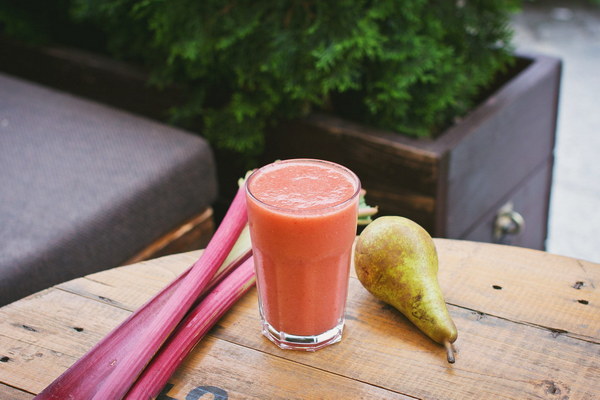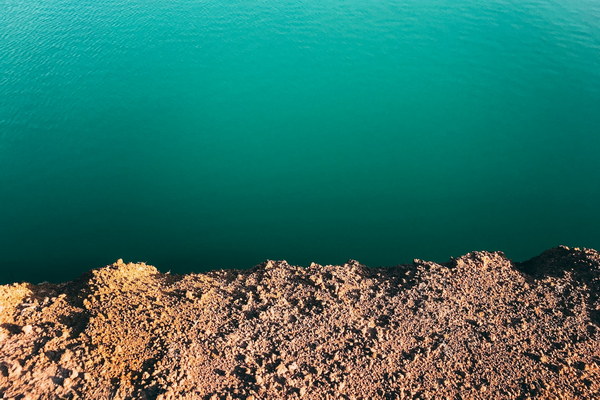Hydration for Hepatic Health How Water Supports Liver Function
In the quest for optimal liver health, one often-overlooked element is the simple act of staying hydrated. Water is not just essential for maintaining our body's overall hydration levels; it plays a crucial role in nurturing and protecting the liver. Let's delve into why drinking water is a key component in keeping your liver in peak condition.
The Liver's Role in the Body
The liver is a vital organ responsible for filtering the blood, metabolizing nutrients, producing bile, and detoxifying harmful substances. It's a multitasking powerhouse that processes everything from the food we eat to the medications we take. Given its multifaceted role, it's no surprise that the liver requires optimal conditions to function efficiently.
Water's Role in Liver Health
1. Detoxification: The liver filters out toxins from the blood, including alcohol and other harmful substances. Water aids in this process by helping to flush out these toxins more effectively. Without adequate hydration, the liver's ability to detoxify is compromised, leading to a build-up of harmful substances that can damage liver cells.
2. Bile Production: Bile is a fluid produced by the liver that aids in the digestion and absorption of fats. Water is necessary for the production of bile, ensuring that fats are properly broken down and absorbed. Dehydration can reduce bile production, leading to digestive issues and potential liver strain.

3. Nutrient Metabolism: Water is involved in the metabolism of nutrients, including proteins, carbohydrates, and fats. This is important for the liver, as it is responsible for breaking down these nutrients into usable forms. Proper hydration ensures that the liver can efficiently metabolize nutrients and convert them into energy.
4. Blood Flow: The liver requires a steady supply of blood to perform its functions. Water helps maintain the fluidity of blood, ensuring that it flows smoothly through the liver and delivers necessary nutrients and oxygen to liver cells.
5. Preventing Gallstones: Dehydration can increase the risk of developing gallstones, which are hard particles that form in the gallbladder. These stones can obstruct bile flow and lead to gallbladder inflammation, which can ultimately affect liver health.
How Much Water Should You Drink?
The amount of water needed varies from person to person, depending on factors such as age, sex, climate, and physical activity levels. However, a general guideline is to aim for about 8 to 10 glasses of water per day. This amount can be adjusted based on individual needs and circumstances.
Additional Tips for Liver Health
While staying hydrated is crucial for liver health, it's also important to consider other lifestyle factors:
- Limit alcohol consumption: Excessive alcohol intake can damage liver cells and lead to conditions such as cirrhosis.
- Eat a balanced diet: A diet rich in fruits, vegetables, whole grains, and lean proteins supports liver health.
- Exercise regularly: Physical activity can help improve overall health and support liver function.
- Avoid smoking: Smoking can increase the risk of liver disease.
In conclusion, drinking water is a fundamental step in maintaining liver health. It supports the liver's detoxification processes, aids in bile production, and ensures proper nutrient metabolism. By prioritizing hydration, you're taking a proactive approach to preserving one of the body's most vital organs. Remember, a well-hydrated liver is a healthy liver.







![Discover the Serenity of Le'an Beauty and Skincare Spa at This Prime Location in [City Name]](http://img.bluepurple.cn/a/养生/390/Discover-the-Serenity-of-Lean-Beauty-and-Skincare-Spa-at-This-Prime-Location-in-City-Name.jpg)

